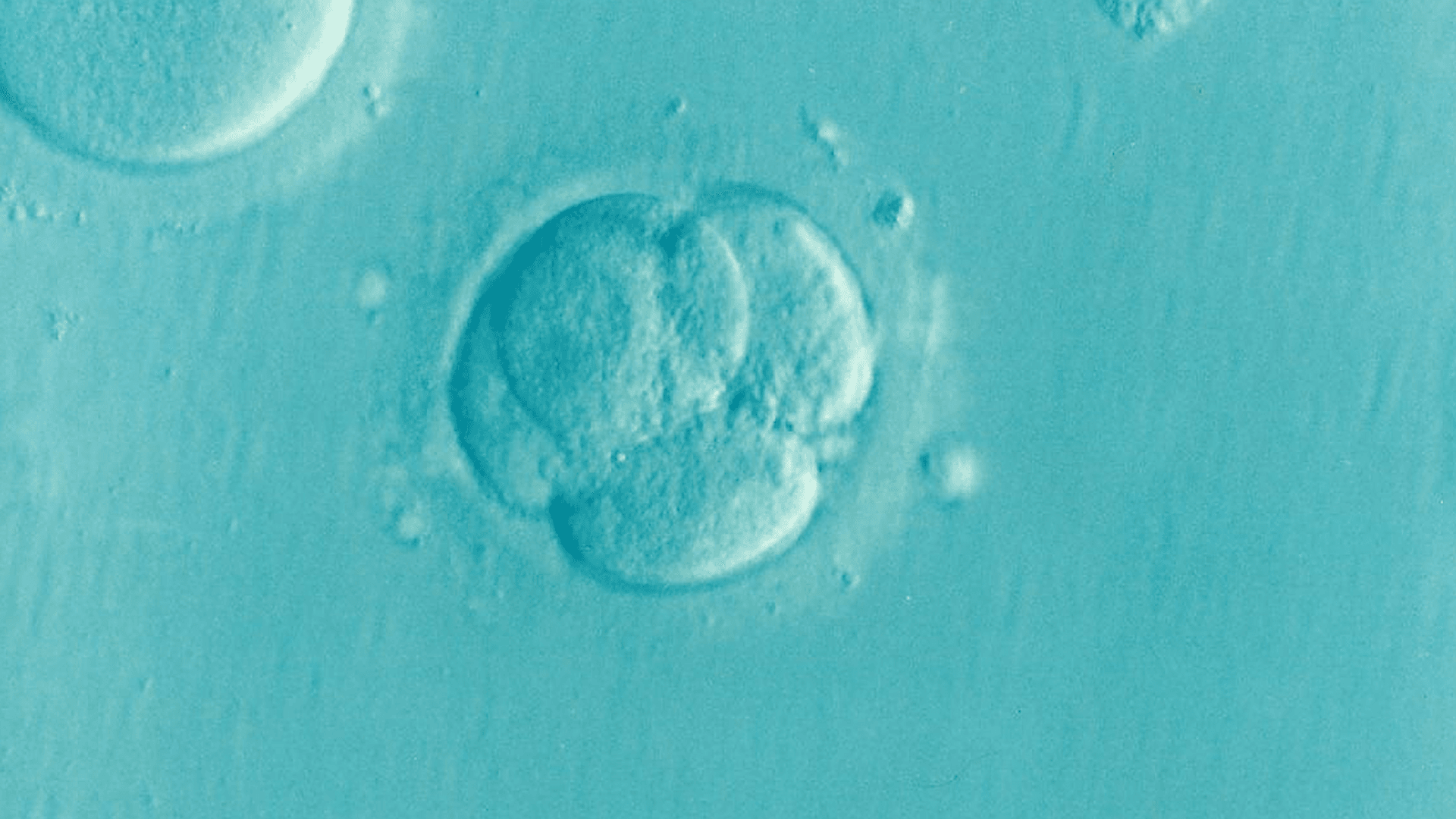LEICESTER, United Kingdom – A British bioethicist is warning that extending a 14-day limit on experimenting on human embryos will “strip away one of the few remaining limits to injustices committed against embryonic human beings.”
For 40 years, the International Society for Stem Cell Research put culturing human embryos for more than 14 days in its category of prohibited research activities. On May 26, it lifted the prohibition and called for greater discussion on the issue.
David Albert Jones, the head of the Oxford-based Anscombe Bioethics Centre, said the decision was the latest in a series of changes that amounted to a “shifting goalpost” on human embryonic research.
“When the UK legalized experimentation on human embryos in 1990, it was promised that this would be subject to various ‘safeguards’: 1) No human embryo would be created by cloning; 2) No human embryo would be genetically modified; 3) No part-human, part-nonhuman embryo could be created; 4) The use of human embryos in assisted reproduction and in research would be regulated with the utmost care; 5) And, most famously, no experimentation on human embryos would be permitted after 14 days,” he said in a statement.
RELATED: Ending limit on culturing human embryos called ‘affront’ to value of life
Jones noted the first three of these safeguards have been removed by the authorities, and the fourth is rarely invoked, since the UK’s Human Fertilization and Embryology Authority (HFEA) has “rarely, if ever,” refused to grant or to extend a research license.
“Nonetheless, to this day, the 14-day rule on experimentation has survived, though not out of principle, but simply because until recently scientists had been unable to culture a human embryo for more than 13 days. In effect, the rule has been like a speed limit that no car could physically achieve. It was a vacuous prohibition, forbidding the impossible and allowing experimentation on human embryos at every stage that this was physically possible,” he explained.
Jones said that now that scientists have finally reached this limit – meaning the 14-day rule has actually become a real prohibition, and might prevent some human embryos from being experimented on – “advocates of embryo experimentation are calling for this limit to be extended.”
Robin Lovell-Badge of the Crick Institute, who chaired the task force that wrote the ISSCR guidelines, told Nature the current rule “prevents study of a critical period, between 14 and 28 days, when the beginnings of tissues are established.”
However, Jones noted even a 28-day rule being proposed in the UK would “clearly be mere lip service to the need for ethical restraints.”
“Could anyone believe that the 28-day rule would stay in place, if the 14-day rule was to be amended to accommodate new technological developments?” he said.
The bioethicist noted that in the International Society for Stem Cell Research’s decision to scrap the 14-day rule was proof of his claim, since it decided to propose no time limit on when embryonic stem cell experimentation would be banned.
“These new proposals constitute a rule on embryo experimentation that is, in effect, a shifting goalpost,” Jones said.
“Considering that abortion is legal up to 24 weeks in Britain, or up to birth for babies with disabilities, one must wonder what principle would protect unborn infants from experimentation up to, or beyond, these same limits. Unfortunately, pragmatism combined with the belief that the ability to do more is always progress does not provide a solid foundation for doing so,” he added.
RELATED: Canadian ethicists question plan to end limits on culturing human embryos
He said if the 14-day rule is ended in the UK, the only real limit to experimentation would be the scientific limit as to how long embryonic or fetal human beings can be sustained outside the womb.
“Rather than provoking calls to extend the legal limit in the United Kingdom, the development on culturing embryos beyond 13 days should give us pause to consider whether more permissive rules on embryo experimentation will lead to increasingly cavalier attitudes towards human life,” Jones said.
“The further the limits of research are pushed, the more scientists will be confronted with research subjects that look more recognizably human,” he continued.
“To experiment on human embryos that are up to 14-days-old – extremely vulnerable human lives – is already a grave injustice and a form of exploitation. Extending the 14-day rule would make more embryos vulnerable to exploitation and strip away one of the few remaining limits to injustices committed against embryonic human beings,” Jones said.
Follow Charles Collins on Twitter: @CharlesinRome














